Gold listed in Egypt’s foreign reserves rose to $8.44 billion in December, up from $8.285 billion a month earlier, according to data from the Central Bank of Egypt (CBE).
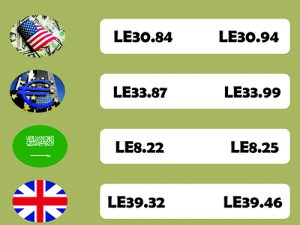
Foreign currencies included in the country’s cash reserve stood at $26.745 billion in December, against $26.879 billion in November. Egypt’s special drawing rights (SDRs) totalled $36 million in December, according to CBE data.
The CBE’s net international reserves rose to $35.219 billion in December, up from $35.173 billion the previous month. Egypt’s foreign reserves comprise of a basket of major international currencies, including the US dollar, the euro, the pound sterling, the Japanese yen and the Chinese yuan.
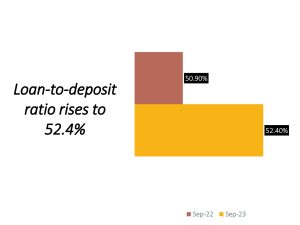
Elevated geopolitical risk was a key driver in 2023, according to a World Gold Council (WGC) report. This contributed an estimated five per cent to returns and mitigated a drag from falling inflation and other risks (-3% contribution).
The WGC report argued that interest rates appeared to have had a lower drag on prices than might have been assumed at the start of the year.
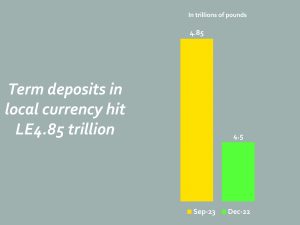
“The drag from lagged returns supports the notion that the gold market is populated by price sensitive buyers alongside investors that buy into stronger prices – a feature of gold’s dual nature. We have found this to be the case in both jewellery and bar and coin segments at annual and quarterly frequencies,” the WGC report said.
“Central banks may also exhibit price sensitivity, particularly if they are purchasing at regular intervals over a longer period of time-something we’ve witnessed over the last two years,” it said.
Higher PMI in December
The S&P Global Egypt Purchasing Managers Index rose to 48.5 in December from 48.4 a month earlier. More positively, non-oil firms raised their staffing numbers for the first time in three months in December, and future output expectations staged a modest recovery from November’s record low.
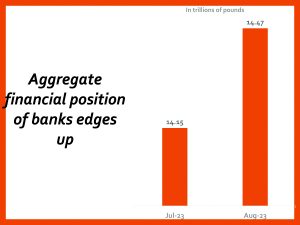
An index over 50 points indicates growth, while a lower index reflects a contraction.
“The main upwards influence on the headline PMI came from employment at the end of 2023, as survey data indicated the first uptick in staffing since September. Businesses took on more workers amid efforts to boost capacity, which was partly a reaction to increases in outstanding business in each of the prior five months. Consequently, higher employment helped firms to keep backlogs of work broadly stable in December,” said a S&P Global report, a copy of which was made available to the Egyptian Mail.
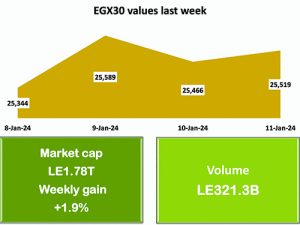
According to the report, renewed growth in labor markets came alongside an improvement in business expectations, as a greater proportion of firms hoped for a rise in activity and the easing of economic challenges. The degree of optimism was much higher than the series-record low in November, and the second-best in 2023, according to S&P Global.
“The Egypt non-oil economy rounded off the year with the fastest drop in sales for seven months over December, suggesting that the drag on demand conditions from inflation has not lost any power,” said David Owen, Economist at S&P Global Market Intelligence.
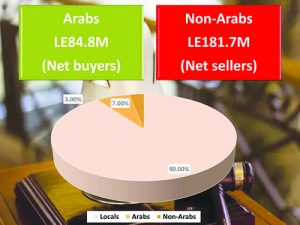



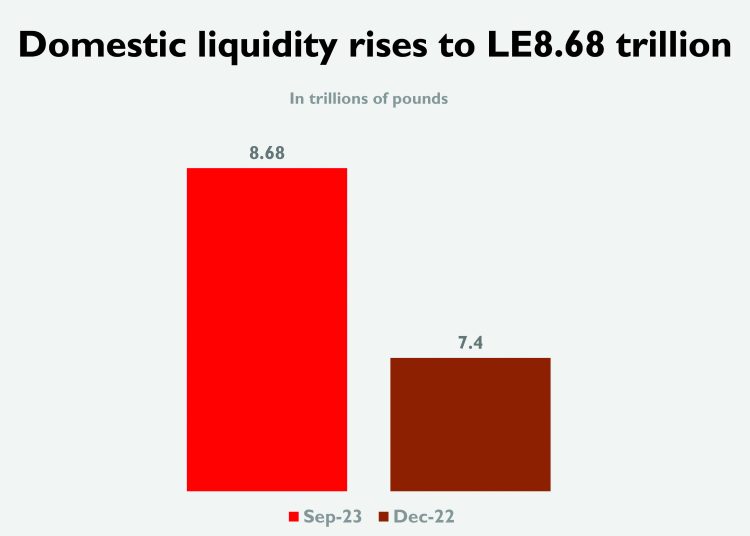


Discussion about this post